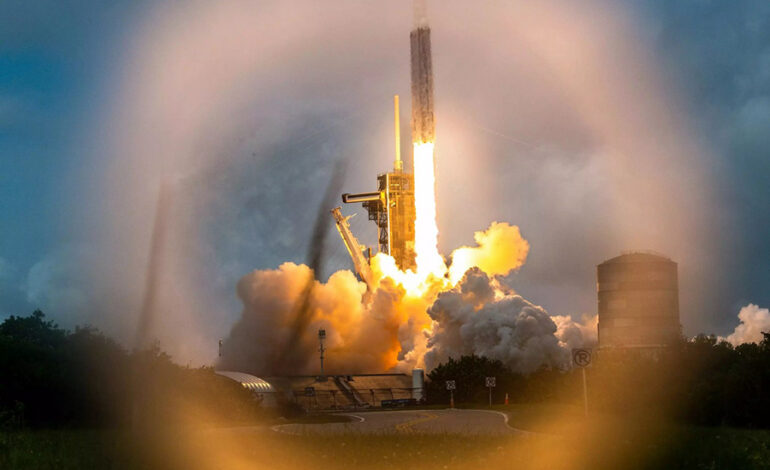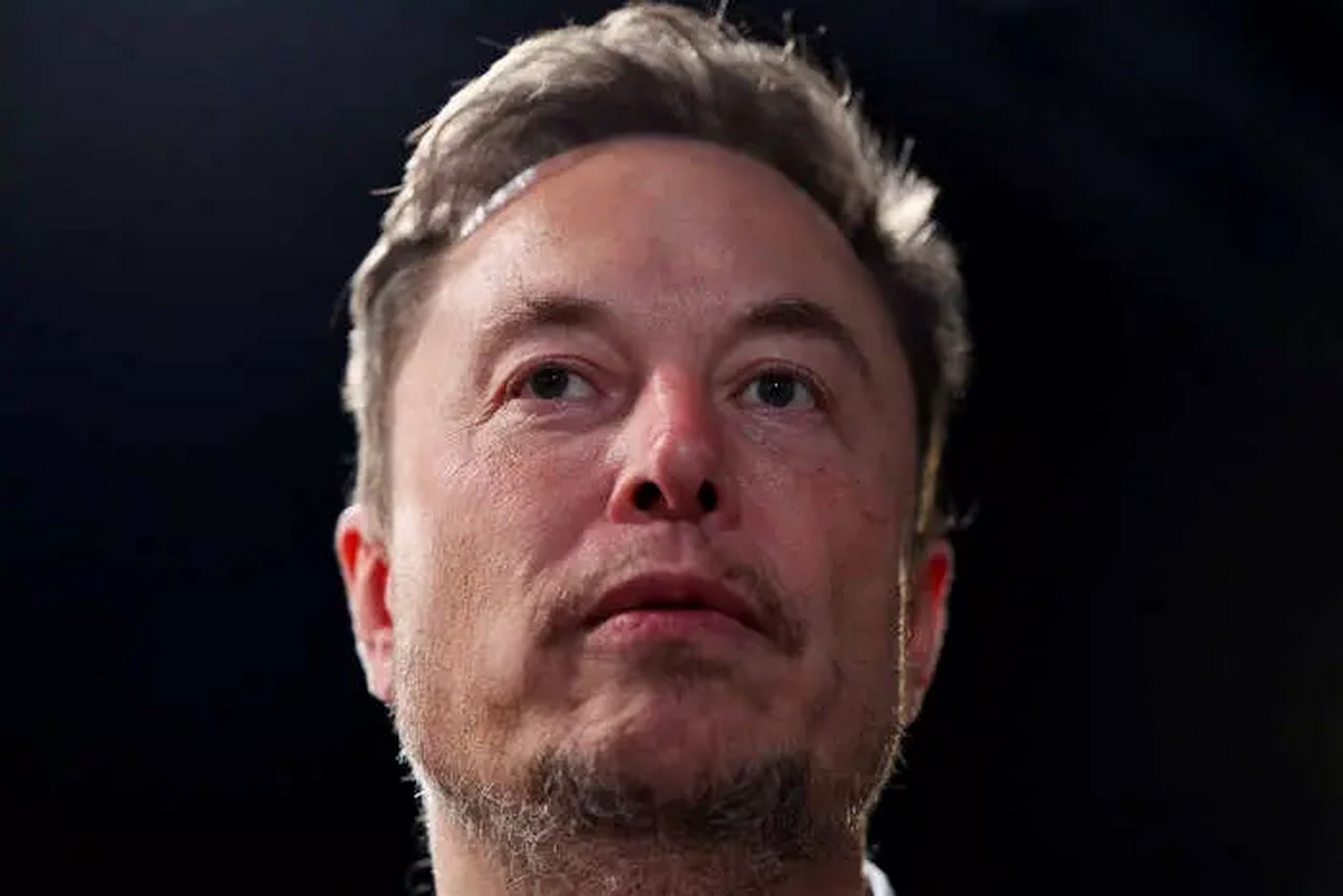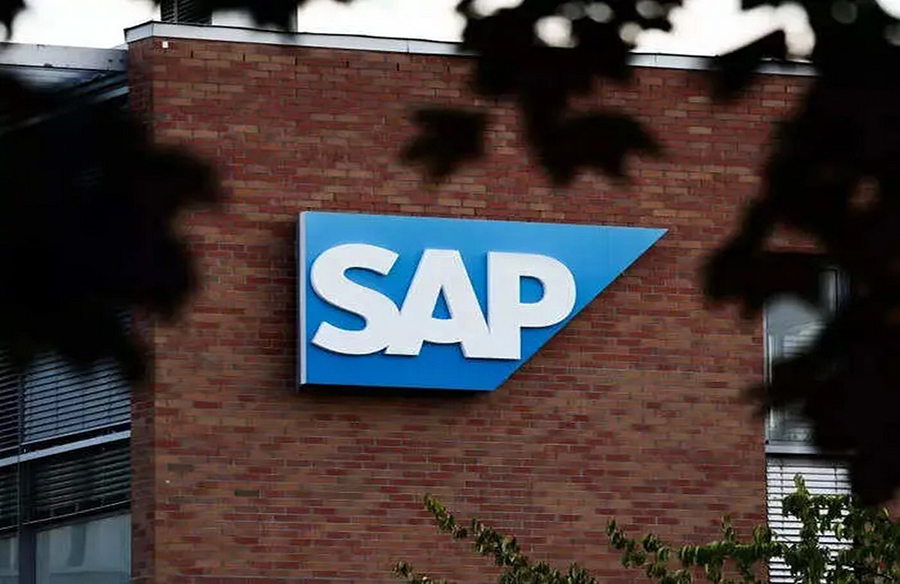Elon Musk’s Legal Battle: Beyond a $55 Billion Pay Package

The Delaware Conundrum
Elon Musk’s recent legal clash in Delaware signifies more than just a financial setback. Delaware, renowned for its business-friendly environment, witnessed a pivotal moment as a court ruling nullified Musk’s staggering $55.8 billion compensation package approved by Tesla’s board in 2018. The lawsuit, spearheaded by Richard Tornetta, a minor Tesla shareholder, underscored flaws in Tesla’s corporate governance, leading to the annulment of Musk’s lucrative payout.
Implications for Musk’s Vision
While the court’s verdict deals a blow to Musk’s personal wealth, its repercussions extend to his strategic vision for Tesla and SpaceX. With a potential loss of voting control over Tesla, Musk faces the prospect of relinquishing influence over critical decision-making processes, particularly in innovative domains like AI and robotics. Musk’s recent assertion regarding the necessity of a 25% ownership stake in Tesla underscores his commitment to driving technological advancements within the company.

The Nexus with SpaceX’s Mission
Moreover, Musk’s Tesla compensation package was touted as instrumental in financing SpaceX’s ambitious endeavor to colonize Mars. Judge McCormick’s acknowledgment of the exorbitant costs associated with Mars colonization reinforces the pivotal role of Musk’s Tesla payout in bankrolling SpaceX’s interplanetary mission. However, the legal setback poses a formidable challenge to Musk’s extraterrestrial aspirations, potentially impeding SpaceX’s progress in space exploration.
Financial Ramifications and Corporate Domiciliation
Beyond Musk’s individual predicament, the legal skirmish raises broader questions about corporate governance and business domiciliation. Delaware’s allure as a corporate haven, characterized by favorable tax laws and regulatory leniency, faces scrutiny following Musk’s legal ordeal. Musk’s admonition against incorporating companies in Delaware underscores growing skepticism towards the state’s business ecosystem, prompting considerations of alternative domiciliation options like Nevada or Texas.
Texas: A Potential Contender
Texas emerges as a compelling alternative, offering a conducive regulatory environment for corporate entities. Musk’s poll on incorporating Tesla in Texas reflects a broader sentiment favoring jurisdictions perceived to be more hospitable to corporate interests. With Texas poised to establish business-friendly courts, Musk’s endorsement signals a potential shift in corporate domiciliation preferences, challenging Delaware’s longstanding dominance in the corporate landscape.
Conclusion
Elon Musk’s legal battle in Delaware transcends mere financial implications, resonating with broader themes of corporate governance and regulatory scrutiny. As Musk navigates the aftermath of the court ruling, his strategic decisions regarding corporate domiciliation could reshape the dynamics of Corporate America. Whether Delaware retains its status as the corporate domicile of choice or cedes ground to emerging contenders like Texas remains to be seen, but Musk’s legal saga marks a significant inflection point in the realm of corporate governance.










